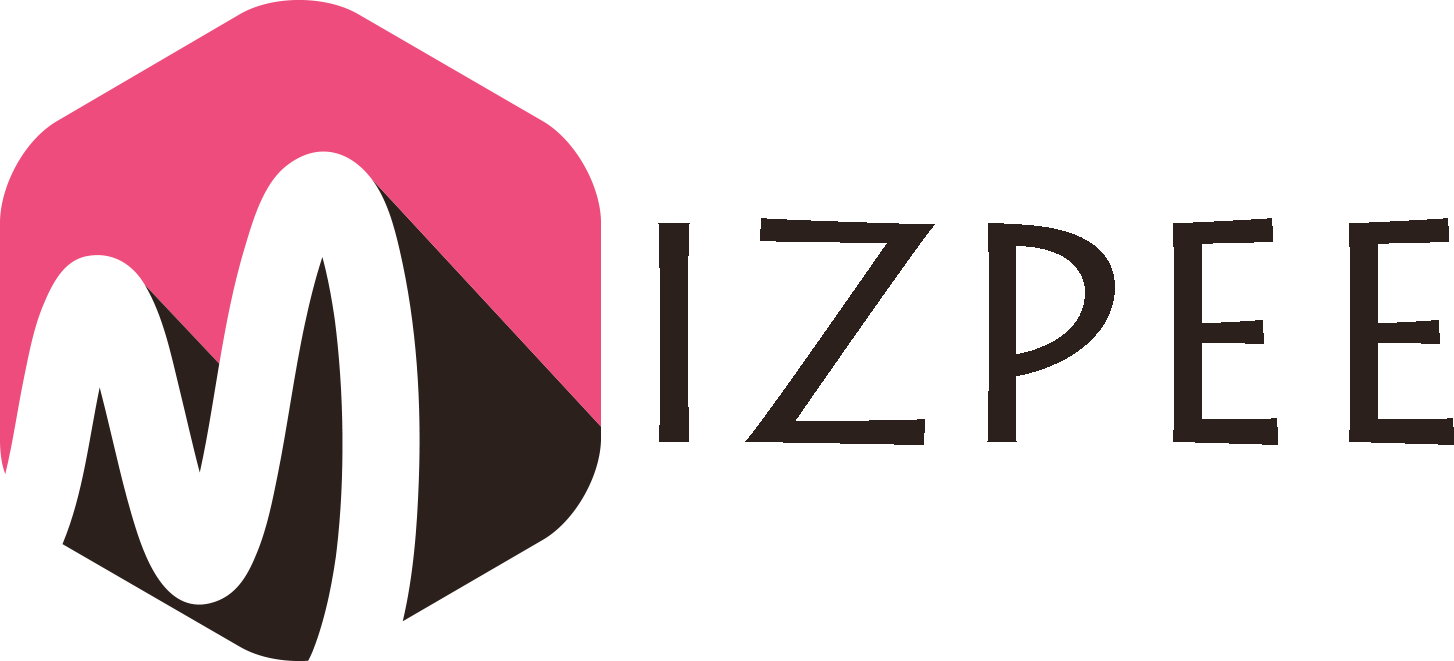While the internet promises so much in terms of communication and access to information, the reality is that in many places around the world it is not possible to access the internet freely due to government controls or risks to personal data security. According to a report, 2018 was the eighth consecutive year that internet freedoms have dropped, making some form of state censorship relatively normal.
In an increasing number of countries, internet freedoms are being curtailed. This can be to restrict communication between rebel groups, to censor content perceived to be detrimental to those in power, or to monitor the population’s online activity.
This may be a nuisance for visitors to these regions, but for bloggers and journalists trying to report or perform investigative research there is a significant risk that they could be fined or jailed simply for doing their job.
Thankfully, there is a simple tool that can be used to sidestep many such restrictions. A virtual private network service, often referred to as a VPN, provides anonymity to browsing sessions by allowing users to connect to the internet via secure servers located elsewhere in the world. This conceals the users’ activities and IP addresses, preventing governments or other organisations from tracking them online – and allowing the VPN-connected device to access the internet as if browsing from outside of the restricted region.
While there are many places around the world that bring risk, here are three places that you should never access the internet without first switching on your VPN.
Saudi Arabia
The restriction of internet access in Saudi Arabia has been extensive and rapid. In 2017 the Saudi Telecommunications Commission (STC) has blocked 5.5million links and websites in the previous decade. The rise of social media has seen the government crack down on users who are thought to be threatening the state.
This includes government monitoring of all internet traffic and the threat of 5 years in prison for journalists speaking out.
In August 2018, the severity of this crackdown became clear, as a the state called for the death penalty for Israa al-Ghomgham, a 29-year-old activist who published footage of protests on social media. And just a few months later, after the journalist Jamal Khashoggi was killed in the country’s Istanbul consulate, it was reported that the number of censored websites had doubled in response to the news.
VPN services are legal in the country so you are free to use them, but carefully consider what you post on social media if it could be deemed controversial.
Iran
Iran have a similar attitude to censorship in that content that is critical of the government or is based on religious or political beliefs could be blocked. Currently this includes the BBC, Reddit and numerous Human Rights organisations. Despite this, internet access is freely available across the country.
This censorship is not limited to websites, and many social media services are also blocked. Facebook and Twitter have been banned for some time, though many people in the country use VPN or proxy services to access these networks. Aside from smaller, internal services, there are two social media services available, Instagram and Telegram (an instant messaging service). However, this access is also at risk.
In January 2018, the Iranian authorities temporarily blocked Instagram in response to protests and civil unrest, with plans to ban Instagram entirely, on national security grounds in 2019. Telegram has also been temporarily removed as part of a crackdown on protests and resistance to the existing regime.
While a VPN will protect your communications, your social posts will still be visible and connected to your account. So, to fully protect your online safety, it is essential to carefully consider everything that you choose to send and receive while visiting Iran.
Anywhere else
The main benefit of a VPN is that it will improve the security of your data and improve your privacy online, wherever you are. But this does not mean you are safe to switch off your VPN as soon as you land in your home country. To protect your data, a VPN should be used on any device that connects to unsecured networks and websites, no matter where it is in the world.
While strict internet censorship might be thought of as something for limited to extreme regimes, it is rapidly becoming normalised in western culture. The EU’s unpopular proposal of new copyright legislation caused great alarm in 2018 for opening the door to online surveillance becoming normalised. In January 2019, UK Health Secretary Matt Hancock has warned that social media companies could face a ban if they do not remove harmful content.
A simple rule to follow is to use a VPN anywhere that a trusted network is not available, wherever you are in the world. Not only will this help you to browse without being subject to regional restrictions, but will also keep your data and activity protected while using unsecured Wi-Fi connections. By using a VPN, all of the data you send and receive will be ‘tunnelled’ through a secure server with end-to-end encryption, meaning that even if your data were to be collected, all a third-party would see is a string of nonsensical letters and numbers rather than legible information.


